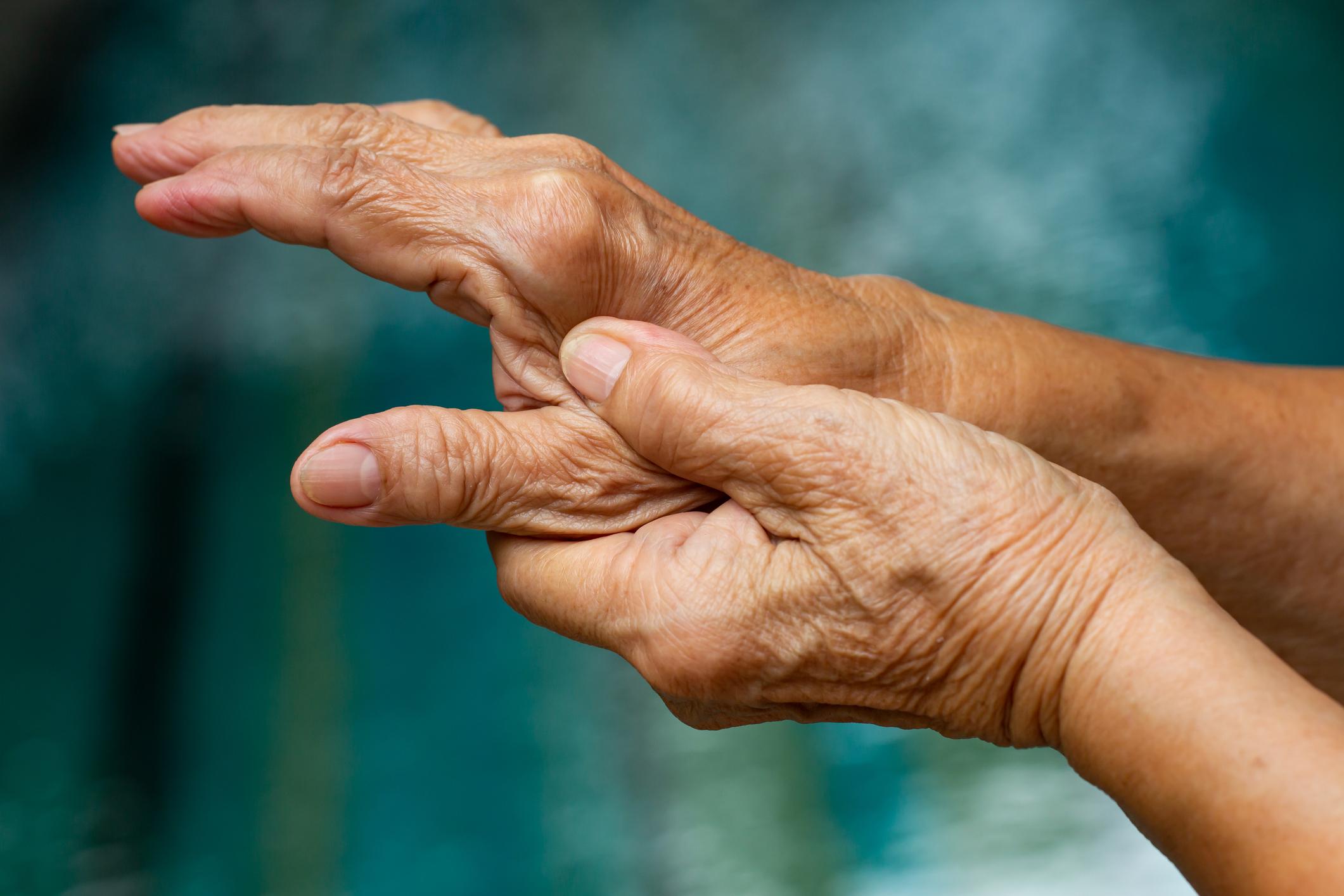
Flemish psychiatrist Dirk De Wachter (59) became famous in one fell swoop for his book ‘Borderline Times’. Now he is widely acclaimed. He speaks to packed houses and gives advice like, “Sometimes it’s better to be a little unhappy.” He himself is surprised by all the attention.
About Dirk De Wachter
Born in Wilrijk (B), 1960. Is a psychiatrist, professor and writer. from his book Borderline times, the end of normality from 2011, more than 100,000 copies have been sold. De Wachter regularly performs to provide expert commentary on the zeitgeist. He also wrote a wonderful book about love, in which he advocates not setting impossibly high standards for our partner: Love. An impossible desire? The art of being unhappy was published in October 2019. Dirk De Wachter is married and has three children aged 30, 28 and 26. His second son is a psychiatrist in training.
Has the psychiatrist nowadays replaced the pastor or the pastor?
“I’m afraid that’s true. The secularization leaves a vacuum that is filled by therapists. I don’t want to be a pastor because I don’t have a god to support me. When people ask me: ‘What should I do?’, I can only hold up a mirror. I can say: what do you think? What does your father, mother or loved one think? We are more than a brain.”
What do you mean?
“I resist the idea that sadness can be traced back to zones in the brain. I’m a medic and have studied neurology, so I know the brain is important. But human grief has a lot to do with others, not just one’s own brain. The loss of someone, being able to tell about the grief, or not being able to tell. Society focuses on the ‘I’, the autonomous, as a result of which the cohesiveness is oppressed.”
How do you explain the success of your book Borderline times?
“The book was written for interested psychologists and therapists, but it has suddenly become popular with a large audience. Since then I’ve been in the magazines and on TV, even in the Netherlands… imagine. With great pleasure, but it’s unusual for me, because I’m a psychiatrist.
The book is still current. Many people suffer from anxiety, burnout or they use a lot of alcohol or drugs. If you dig deeper into these people, they include what we psychiatrists call “borderline traits.” We strive too much for success and then think we are happy. My advice is: take care of someone else, don’t focus only on yourself. That’s what the book is about. My wife is a general practitioner and she says: ‘Everyone already knows what you are saying, right?’ That’s right, but when a professor or psychiatrist says it, people are reassured.”
Your latest book is called The Art of Unhappiness. Why should we be unhappy?
“Accident is not bad or negative. If you are occasionally a little unhappy or feel sad or lacking, you will gain in connection with others. In it we can be truly friendly and loving towards each other. I also like being together, but sometimes life is difficult. You can share that with each other.”
What exactly do you mean by ‘a little unhappy’?
“I am not talking about a catastrophic accident, such as the loss of a child. And I don’t think you should look for misfortune either; it presents itself by itself. For me, ‘a bit of unhappiness’ was the demise of my loving father. After the death of my mother he got health problems and he didn’t really want to live anymore. He repeatedly asked for euthanasia, but at the same time indicated that it was against his principles. For me and my brother that was very sad to see.”
What kind of person was your father?
“My father has always remained very sharp mentally. His favorite composer was Mozart. His hearing was deteriorating, but I told him we had been to Cosi fan tute. He then remembered that he had also been to this opera with his mother in 1942, during the war. He was then 11 years old. He remembered exactly who the soprano was. What a memory! I couldn’t remember who had sung three years ago. My father was such a sweet man. That made it difficult. A lot of people experience this. They are the things of life.”
Have we forgotten how to mourn?
Grieving is inevitable and part of a fulfilling, meaningful life. People ask me for a pill, to stop feeling the sadness, but I can’t. We used to have rules for mourning, such as wearing black clothes for a certain period of time. As a society we need to think about how we can give death and loss a place in our lives. I have no tricks for that. We need rituals. That can also be old rituals from two thousand years of church history in a new guise. Not ecclesiastical, but from a tradition, so that we can better deal with suffering. I could bear the suffering for my father because I had my wife and my brother and our children. I really have a lot of chance (luck, ed.) in love.”
You say we divorce too easily these days. How did you get such a good marriage yourself?
“My wife and I met while studying medicine. You are young and completely stupid, you do not know the world and you are getting to know each other. Completely blinded by infatuation. After years it seems that it still works, even better than then. That’s pure chance, I didn’t do anything for it. My meeting her has been a fatal grace. I like to quote a poem by Wislawa Szymborska: ‘If you are lucky in love, and you love each other, keep quiet about it. Keep it quiet. Don’t bother others with it.’”
It’s not an achievement if you’re lucky. Be happy. As with your kids, health or career – don’t think you did it all yourself. Human life cannot be made. My greatest happiness has been that my parents raised me lovingly. I take care of people who are less fortunate. Who are more prone to depression or psychosis than I am, simply because of their genetics. People who have been disowned or mistreated – I see them every day.”
Why are you doing that?
“It’s my job to help them because I’ve been so lucky. For me personally, being able to mean something to a person in need is a form of meaning. The meaning of life does not show itself above the clouds, but in the eyes of the help-seeking fellow man. In a world that focuses so much on the ‘I’, that threatens to be lost.”
You are now 59 years old. How will you help others after you retire?
“I will retire from university within six years, because I have to. But I will continue to work and take care of my patients as long as my health allows. I’m not going to lie on the beach in Benidorm, am I? If people like to do that, I can. But I can’t find my meaning in that. Caring for fellow human beings is essential to be able to spend my life fulfillingly. In my profession there is a great need, that is the advantage. Many psychiatrists are needed. I will work a little less.” ▪
My wish for 2020 is…
“For the new year, I wish that the fearful fold back of Western people may gradually blossom again in care, amazement and connection with fellow human beings. Only in living together can a person fully exist. I hope the ingrained and self-centered reflexes are temporary cramps in an increasingly connected world.”















